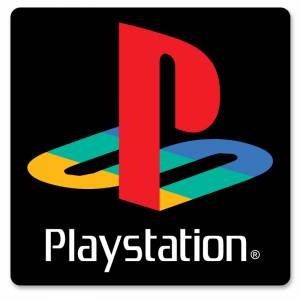 Sony, whilst continuing to see its share price tumble month on month since the hacking scandal and threat to its online reputation broke in April, has gone and played an own goal that will be equally frustrating to those gamers who were affected.
Sony, whilst continuing to see its share price tumble month on month since the hacking scandal and threat to its online reputation broke in April, has gone and played an own goal that will be equally frustrating to those gamers who were affected.
In a move that will do very little to bolster Sony’s online reputation it has taken somewhat desperate and underhand measures in a bid to limit its future liabilities by preparing to ban gamers from the PlayStation Network (PSN) if they do not give up the right to collectively sue Sony over the security breaches.
In other words ‘agree to the new terms meaning you can’t join a class action suit, or don’t play on the PSN’. For those that know the term, this has to be another ‘Doing a Ratner’ in the making.
The new terms and conditions will still allow PlayStation Network (PSN) users (affected by the breach) to take certain types of action against Sony, but not on a collective, or class action basis. The action users can take will be as individuals only and before any legal action can be taken (by said individuals), both parties will now have to try to resolve any legal issues with an arbitrator picked by Sony, before being able to file any lawsuit / legal action.
There is more on the story from the BBC website here.
Beleaguered Sony?
In a time which has seen Sony’s share price fall month on month since the hacking scandal erupted, one has to question whether angering customers more and distancing themselves from the issue is the best course of action to take in respect of limiting additional damage to their online reputation?
The hacking scandal was a very serious breach and that the details of 77 million users being stolen and PSN going offline for 40 days is not up for debate and whilst 76.9m of those 77m may sign in and approve the new T&C’s unaware of the implications, it only takes a few eagle eyed users to read them through and make it public knowledge, as has happened here.
Transparency – the right approach?
If you are not the Chinese government, with a closed internet, chances are you are not going to convey the public into believing everything is fine, when the reality is perhaps somewhat different. Whilst the rules in China are what they are, in the West freedom of speech, social media and the internet can be devastating to you brand and online reputation, so it pays to not help matters by giving the public something to criticise you about.
Toyota took the recall crisis of 2010 (which saw 2.3m vehicles recalled) head on and used social media to put out news updates, what cars were affected and a video from Jim Lentz, president of Toyota North America in which he appeared on Digg answering questions that had been voted for from across the Digg network of some 40m users.
Although the brand perception of Toyota isn’t as high as it was pre-recall it has almost fully recovered but interestingly, it is second only to Honda, from those people in the market for a new car.
If you are worried about your own online reputation crisis looming get in touch for a no obligation, confidential discussion

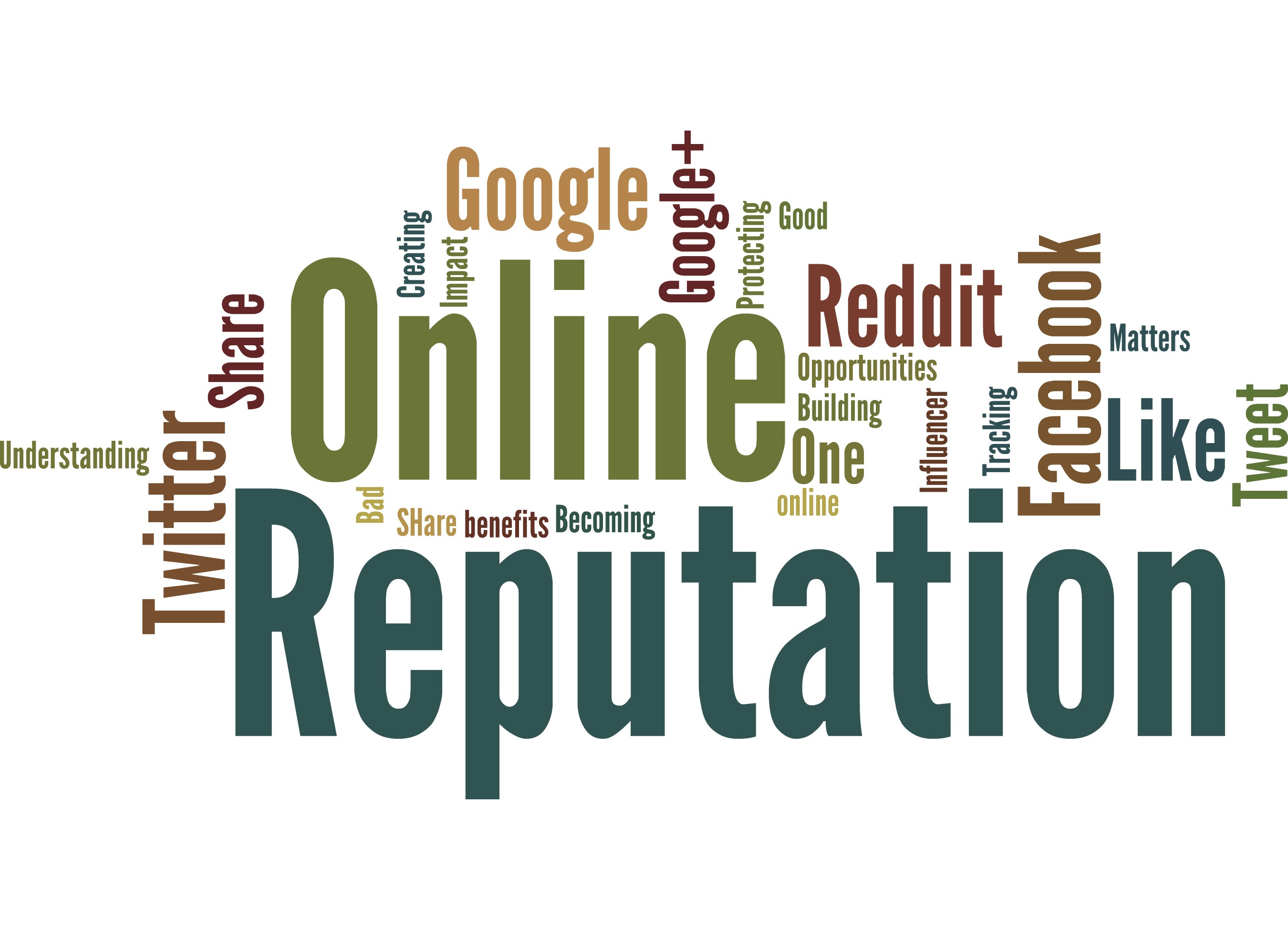
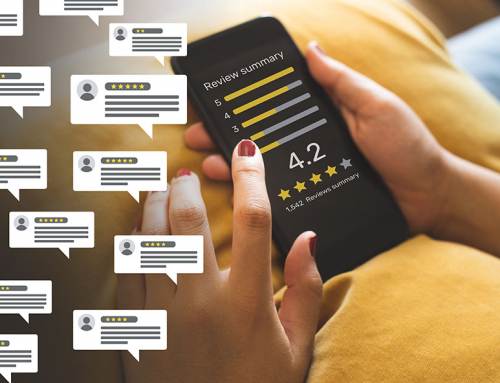
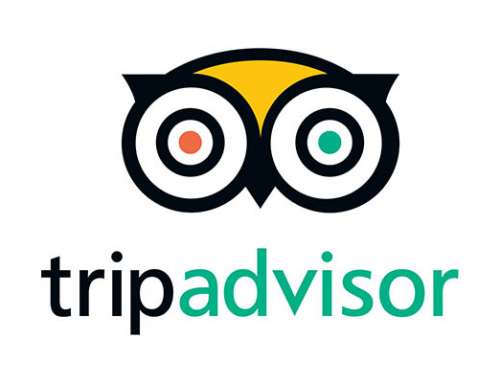
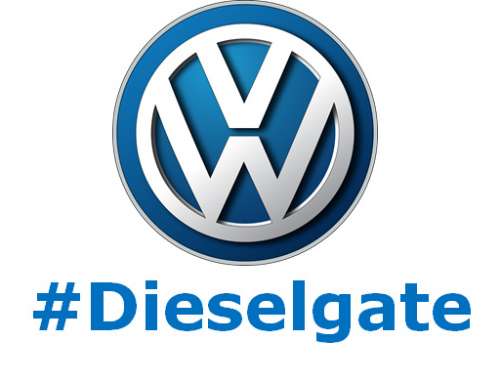
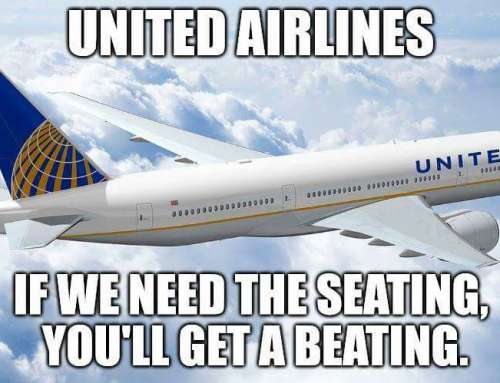
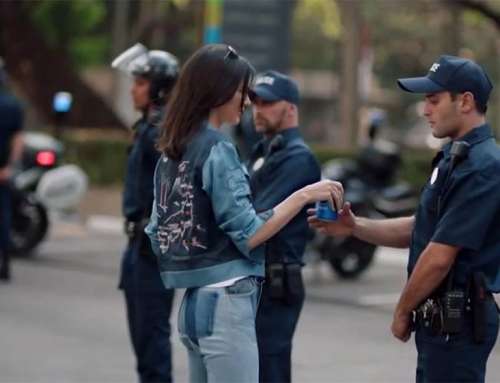
Leave A Comment
You must be logged in to post a comment.